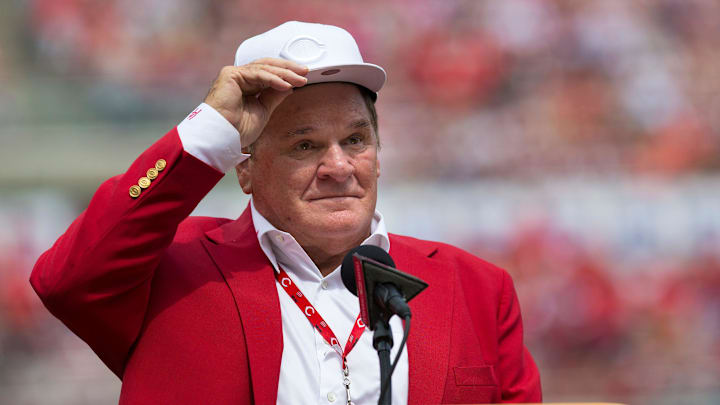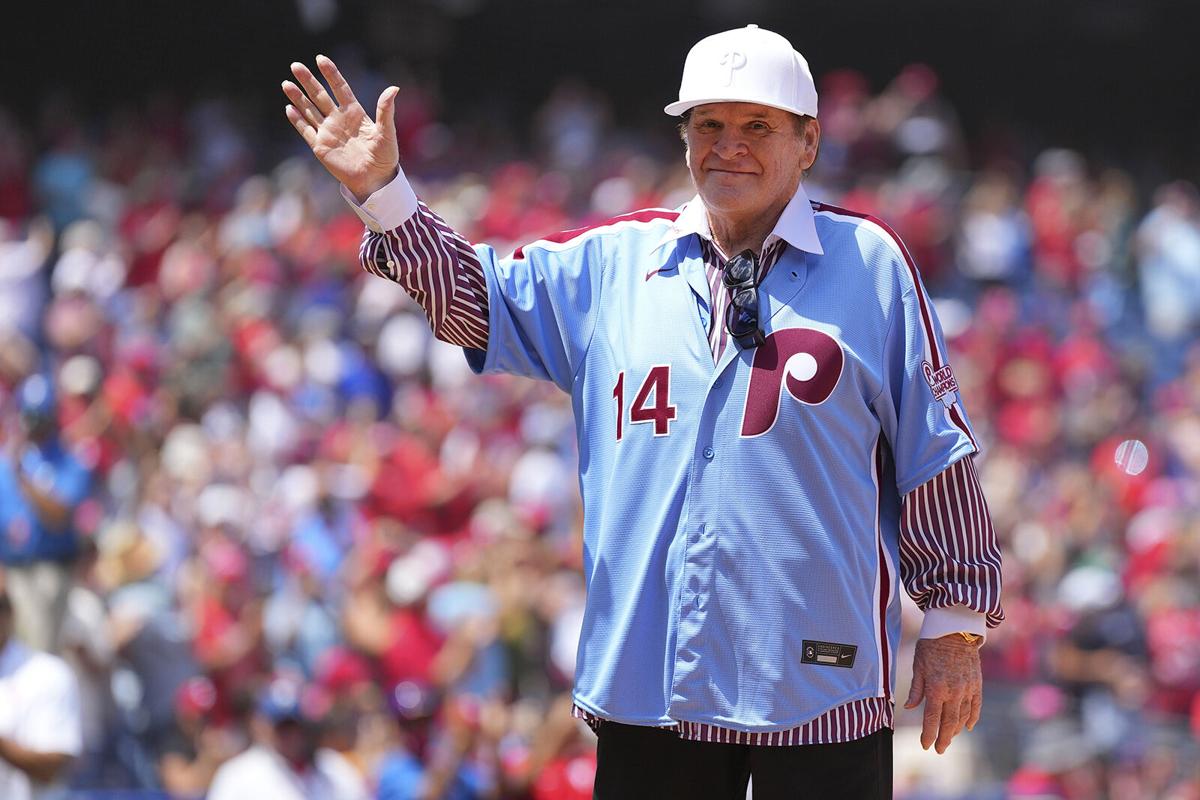
Why Was Shoeless Joe Jackson Banned from Baseball?
It took more than a century, but one of baseball’s biggest names is back in the spotlight. On Tuesday, Major League Baseball shocked fans by announcing that “Shoeless” Joe Jackson has officially been reinstated. That means the door to Cooperstown is finally open.
Jackson wasn’t alone. MLB commissioner Rob Manfred reinstated 17 deceased individuals, including Pete Rose, saying that permanent bans should end upon death. It’s a massive policy shift that reopens old debates and reignites hope for Hall of Fame honors that once seemed impossible.
Let’s dive into the life, controversy, and potential comeback of Joe Jackson, a man whose story has captivated baseball fans for over 100 years.
Who Was ‘Shoeless’ Joe Jackson?
Joe Jackson played Major League Baseball from 1908 to 1920. Most people remember him for his time with the Chicago White Sox, but he also played for the Philadelphia Athletics and the Cleveland Naps (now the Guardians).
Jackson wasn’t just good—he was great.
He retired with a career batting average of .356. That’s the fourth-best in MLB history. He also posted an on-base percentage of .423 and slugged .517. Those numbers are Hall of Fame-worthy by any measure.
Nicknamed “Shoeless” after once playing in his socks during a minor league game, Jackson was known for his quiet personality and incredible hitting skills. His swing was smooth, natural, and feared by pitchers across the league. Even Babe Ruth once said he modeled his own swing after Jackson’s.
The Black Sox Scandal: Why Jackson Was Banned
Jackson’s career came to a sudden and tragic end after the 1919 World Series, one of the most infamous scandals in sports history.
Jackson and seven of his teammates were accused of intentionally throwing the World Series against the Cincinnati Reds. They were supposedly paid $5,000 each by gamblers to lose the series on purpose. That moment would go down in history as the Black Sox Scandal.
Here’s the twist: Jackson played well during that series. He batted .375, collected 12 hits (a World Series record at the time), and didn’t commit a single error in the field. Still, when MLB’s first commissioner Kenesaw Mountain Landis took office, he banned all eight players from baseball for life.
Even though a Chicago jury acquitted them in court, Landis made it clear that protecting the integrity of the game came first.
Why Reinstatement Now?
For years, fans, historians, and former players have debated whether Jackson should be forgiven. On Tuesday, that debate took a major turn when Commissioner Rob Manfred announced a new policy: permanent ineligibility ends after death.
The move was prompted by a petition from Pete Rose’s family after his death in 2024. Once MLB reviewed the situation, Manfred decided it was time to set a clear policy for others in similar situations.
“Obviously, a person no longer with us cannot represent a threat to the integrity of the game,” Manfred wrote in a statement.
With Jackson having died in 1951, this decision comes long overdue—but better late than never.
Popular Categories





